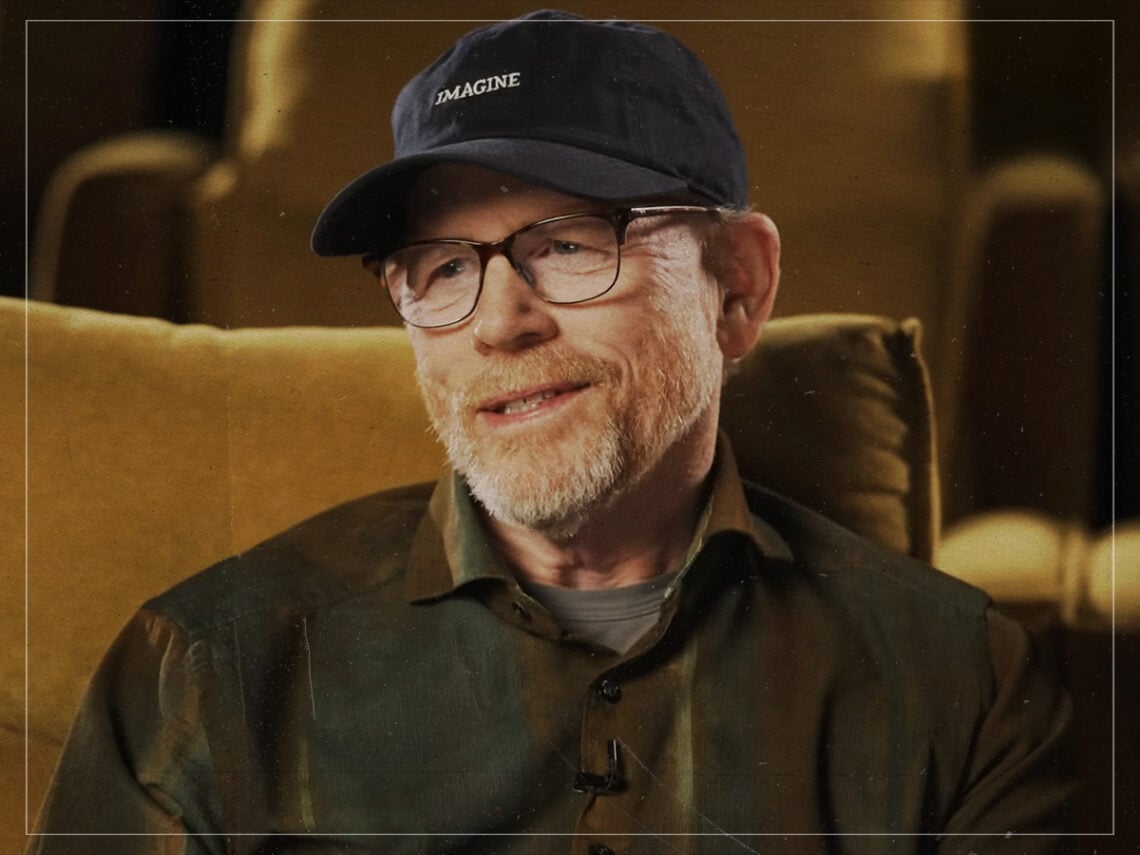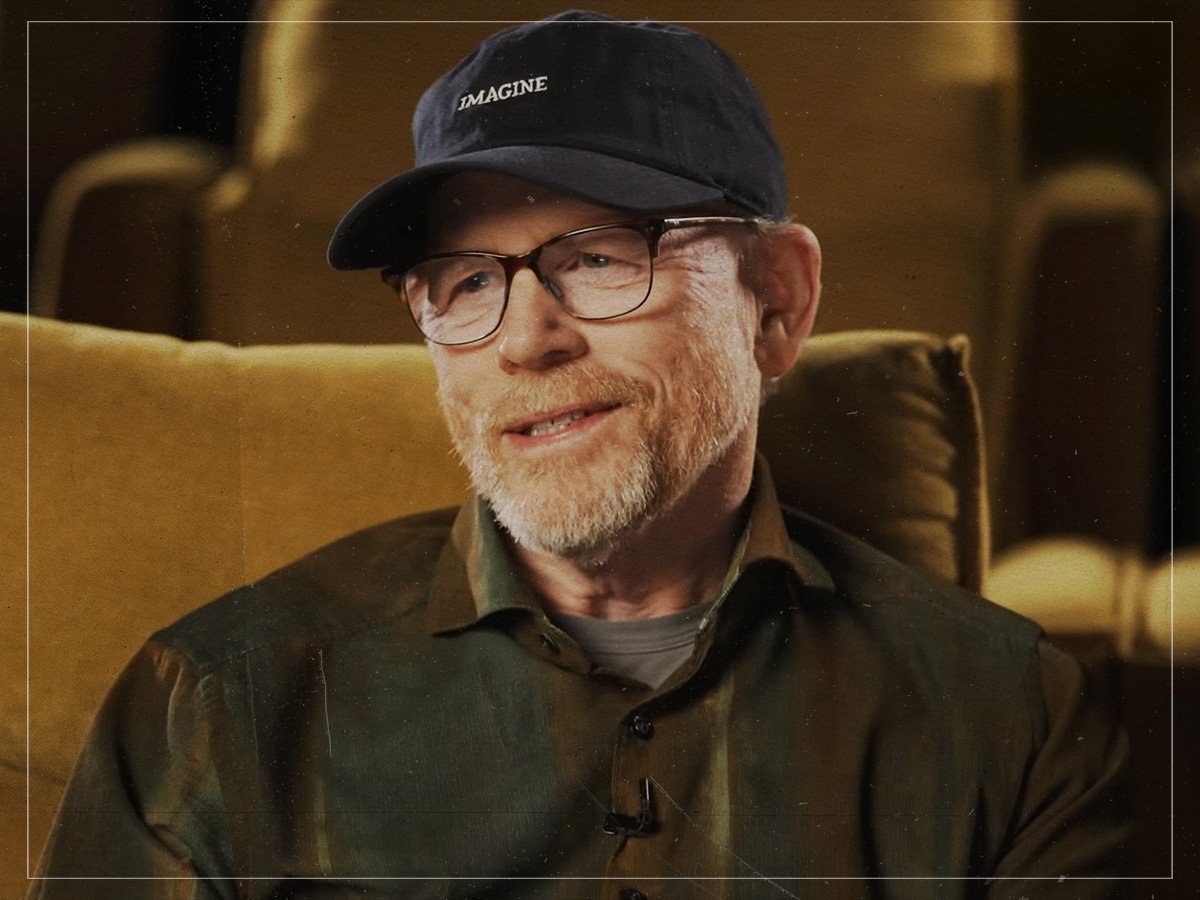
(Credits: Far Out / YouTube Still)
Sat 8 November 2025 19:45, UK
Is Ron Howard one of the greatest directors in cinema history? To be frank, no, he is not. Is Ron Howard one of the most successful directors in cinema history? Yes, he is, and he’s also enjoyed a longer career behind the camera than many of his peers, which means he’s allowed to separate the wheat from the chaff and settle on the septet he believes are the best of the best.
Only 12 filmmakers have a filmography that’s earned more at the box office than the former Happy Days star, and when you remove franchises from the equation, the list grows even slimmer. Howard has only helmed two sequels in his career, Angels & Demons and Inferno, and a Star Wars spinoff, which is fewer than almost everybody else in front of him.
Steven Spielberg, the Russo brothers, Peter Jackson, and JJ Abrams? Four sequels. James Cameron? Three sequels, soon to be four. David Yates? Six sequels and a spinoff. Ridley Scott? A sequel and two prequels. Michael Bay? Five sequels. That means Christopher Nolan, Robert Zemeckis, and Jon Favreau are the only names among the 13 top-earning directors of all time who’ve made fewer franchise films than Howard, which makes his back catalogue all the more impressive.
His films don’t immediately jump out as box office bonanzas, but consistency is key. Admittedly, he’s not on a great run at the moment and hasn’t been for a long time after his last several features all either bombed or underperformed, but with 70 years of experience in the business and half a century behind the camera, he knows a good director when he sees one.
In a conversation with Brian Williams at the Tribeca Film Festival, the most wholesomely inoffensive megaphone wielder in the business recruited his own magnificent seven, naming Frank Capra, John Ford, Mike Nichols, Miloš Forman, Quentin Tarantino, Paul Greengrass, and Steven Spielberg as his favourite directors, with particular praise being lavished on two names above all others.
“I developed a theory that in many ways, the early Andy Griffith episodes, especially, were an awful lot like a Capra movie,” he explained. “They were a lot like Mr Deeds, or a lot like It’s a Wonderful Life in tone and presentation. But the first movie that I really studied was Mike Nichols’ The Graduate. That was when I learned for the first time what the director’s role was in not just guiding the actors, but guiding the look.”
It was Capra’s autobiography that inspired Howard to chase his directorial dream, and it’s no secret that The Graduate is the most influential movie he’s ever seen, but the other five aren’t half bad, either, although Greengrass, as good as he is, does stick out a bit when pitted opposite six indisputable legends.
Between them, Howard’s septet have won 12 Academy Awards from 46 nominations, with Greengrass again the odd man out with a solitary Oscar nod to his name. They’ve also directed at least a dozen pictures that can be called among the greatest ever made, making it a mighty strong list of favourites.
Related Topics

